DC Mayor Bowser Announces Businesses Will Not be Required to Enforce Face Masks Effective Nov. 22
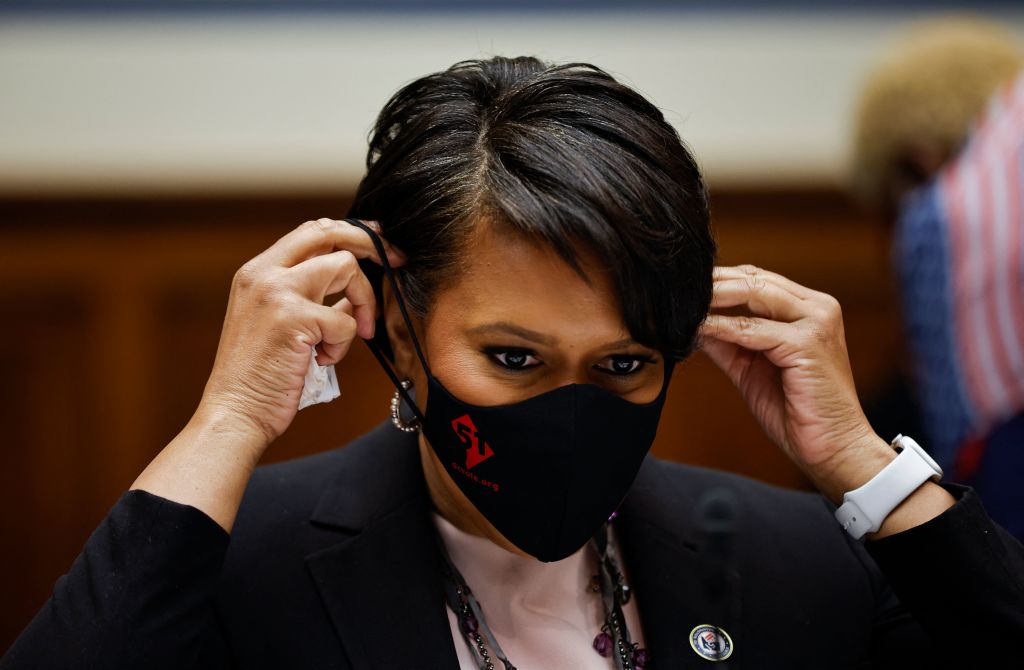
Carlos Barria/Getty Images
Washington, D.C. Mayor Muriel Bowser will roll back masking requirements in the nation’s capital effective Nov. 22, she announced on Tuesday.
“This does not mean that … everyone needs to stop wearing their mask, but it does mean that we’re shifting the government’s response to providing you this risk-based information and recommending layering strategies as the best way to protect yourself and the community,” Bowser said at a press conference.
Going forward, Bowser said, privately-owned facilities will not be required to demand that their customers or visitors wear face masks. But they will retain the option to do so, and masks will still be required in settings that include public transit, taxis, schools, and other government facilities.
The move makes D.C. one of the last jurisdictions among its peers in the United States to roll back the mask mandate. Just six states — Hawaii, Illinois, Nevada, New Mexico, Oregon, Washington — still require private facilities to enforce mask mandates on their behalf.
Bowser acted aggressively during the Covid-19 pandemic to require face masks and often came under fire for doing so. That included an August incident in which she was spotted mask-free at a wedding reception, just one day before a renewed mask mandate went into effect. The mayor responded at the time by claiming that her actions had only been “called into question by conservative media,” and by saying the event “was outdoors, on a rooftop.”
She said Tuesday that she was open to the possibility of reinstating a broader mandate in the future. “D.C. Health is always monitoring the experience we have with Covid, especially if this virus changes, and would require us to think about other emergency interventions … that could include a mask mandate,” Bowser said. “So if we need to come back to the public and say, ‘We think that we need to blunt transmission,’ or we see hospitalizations, or we see some other activity in the public health system, then we will come back to the public with that information. But hopefully, that won’t happen.”
New: The Mediaite One-Sheet "Newsletter of Newsletters"
Your daily summary and analysis of what the many, many media newsletters are saying and reporting. Subscribe now!
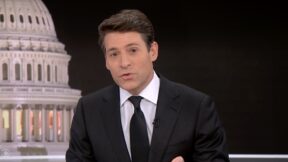
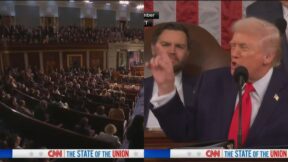
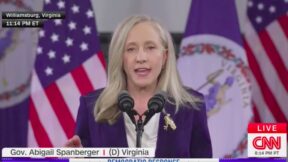
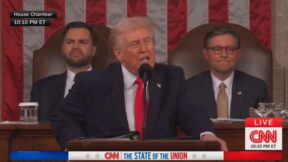
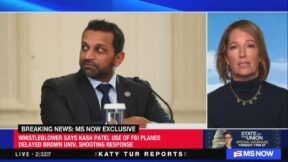

Comments
↓ Scroll down for comments ↓